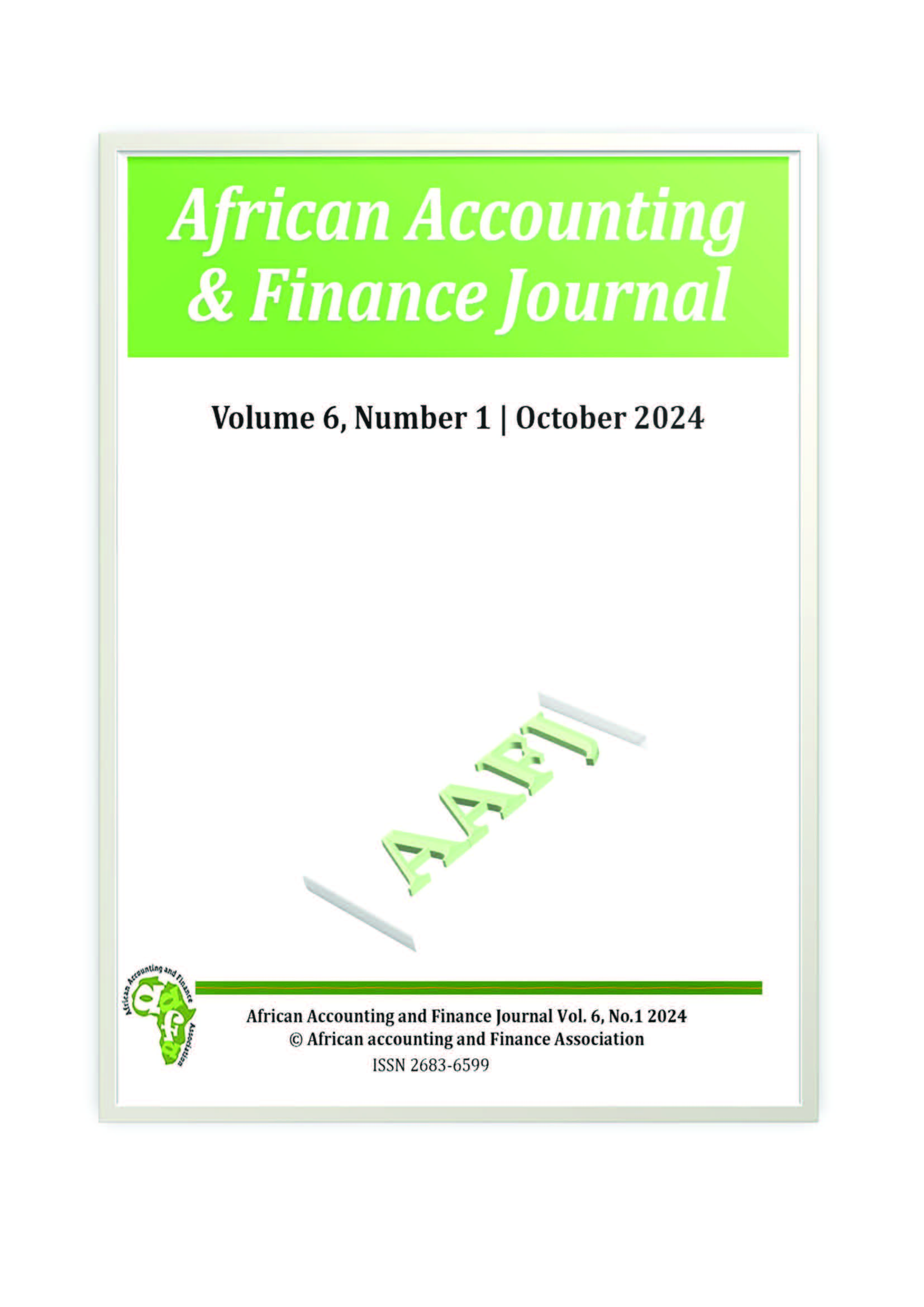IFRS in Africa: Driving factors and consequences of adoption
DOI:
https://doi.org/10.26686/aafj.v6i1.9684Keywords:
IFRS, Africa, Driving factors, Regression analysis, National governanceAbstract
Purpose: This paper explores accounting practices in Africa by examining the driving factors and stock market consequences of IFRS adoption.
Methodology: Regression analysis was undertaken to identify the role of national governance factors and Foreign Direct Investment on IFRS adoption in Africa, as well as the impact of adoption on the market capitalization of public stock exchanges, considering the different extents of adoption.
Findings: The findings are consistent with a neo-institutionalist framework. Jurisdictions that receive more FDI are more likely to be stronger adopters of IFRS. Jurisdictions with a stronger rule of law are more likely to be strong adopters of IFRS. There is also evidence of IFRS used as a corruption control technique, as more corrupt countries adopt IFRS. IFRS adoption is correlated with increased market capitalisation.
Implications: The findings of this research contribute to the body of research into IFRS convergence. The findings are relevant for policymakers and regulators across Africa.
Originality / Research value: There is limited research into IFRS adoption across Africa, proving this research valuable.
Downloads
Downloads
Published
Issue
Section
License
Papers and contributions become the legal copyright of African Accounting and Finance Association unless otherwise agreed



